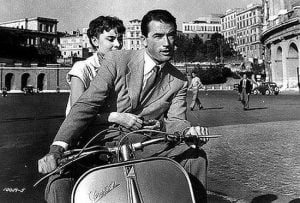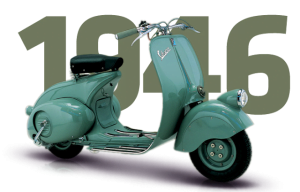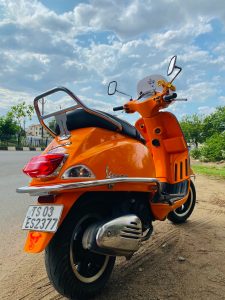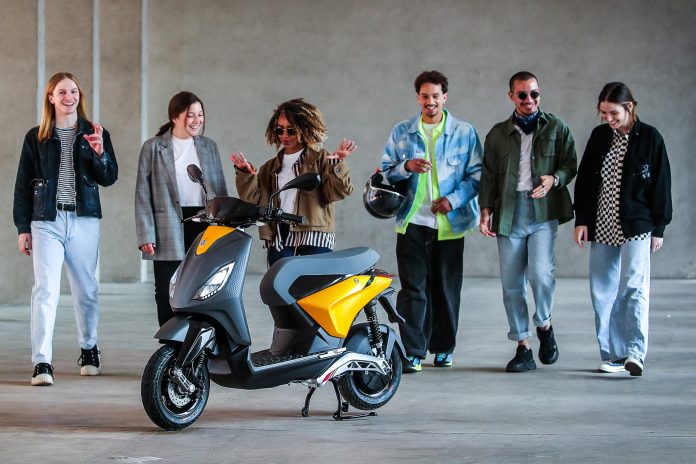Piaggio Global Sales are tumbling down this year. In 2025 the trend is not changing and possibly worsening with first half registrations down 15.6% at 134.575.
McD tracks new vehicles registrations across the World (over 90 countries), reporting data on calendar year. When you wish to compare data reported by us to those declared by the manufacturers, consider they usually report their “sales” (vehicles invoiced), which are usually different from “registrations”, accordingly with their fiscal year split. In case of Piaggio, we do not track Porter sales.
During the last decade, the global Piaggio (including Vespa) scooter sales (so, excluding the commercials) have been steady around the 0.3 million per year, with a negative peak reached in 2015 at 281k and a positive peak in 2022 at 341K.
The icon Italian manufacturer, which over 70 years ago invented the Vespa, is able to keep its sales volume while low cost Chinese and Indian competitors are growing and gaining volumes, thanks to the ability to leverage on the heritage and brand image.
Last year was very tough for Piaggio, having lost over 10% of the global sales, losing sharply in ASEAN (Cambodia and Thailand overall) in India and in other Asian countries (Korea, Japan, China and Taiwan).
In 2025 the trend is not changing and possibly worsening with first half registrations down 15.6% at 134.575.
Sales are down in Europe (-17.2%), in East Europe (-25.0%), in ASEAN (-14.0%), in Indian region (-12.0%) and in Asia (-29.0%).
Just in North America sales are flat from the correspondent period last year.

The Vespa Heritage
Piaggio is an Italian motor vehicle manufacturer, which produces a range of two-wheeled motor vehicles and compact commercial vehicles.
Founded in the 1884 by Rinaldo Piaggio, the company started producing two-wheeler immediately after the II World War, launching in April 1946 the Vespa (Italian for “wasp”) a vehicles deputy to change the human mobility and become an icon for style and efficiency.

The global Vespa success arrived when in 1952, Audrey Hepburn side-saddled Gregory Peck’s Vespa in the feature film Roman Holiday for a ride through Rome.
In 1956, John Wayne dismounted his horse in favor of the two-wheeler to originally get between takes on sets as well as Marlon Brando, Dean Martin, and the entertainer Abbe Lane had become Vespa owners. William Wyler filmed Ben Hur in Rome in 1959, allowing Charlton Heston to abandon horse and chariot between takes to take a spin on the Vespa.
In 1956, with production of the millionth Vespa scooter, Italy had its first mass-produced motorised vehicle. Taking advantage of increased cash flow thanks to the success of the Vespa, Piaggio developed other products, including the 1957 Vespa 400, a compact passenger car and in 1959 Piaggio was acquired by the Agnelli family, the owners of car maker Fiat SpA, further developing the global presence and the production. In the 1960 over 4 million Vespa had been produced worldwide!
Since 2003, Piaggio Group is controlled by IMMSI, a holding company of the Colaninno family.
Actually the Piaggio & C Spa controls seven brands: Piaggio, Vespa, Gilera, Aprilia, Moto Guzzi, Derbi and Vespa, after that the owner decided to sell the current Vespa version under its own name and – in some countries -with a dedicated distribution network.



